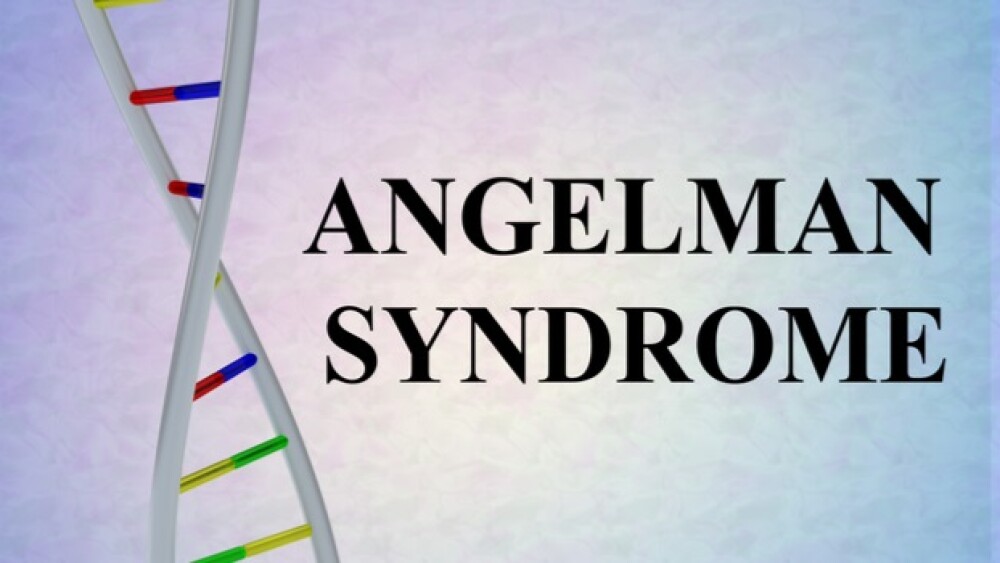Ovid Therapeutics is shouting good news from the rooftops regarding its mid-stage Angelman Syndrome study, but investors are not convinced.
Ovid Therapeutics is shouting good news from the rooftops regarding its mid-stage Angelman Syndrome study, but investors are not convinced as the company’s stock has plunged nearly 30 percent in premarket trading.
Ovid said its Phase II STARS trial of OV101 showed “robust and statistically significant improvement” in the first prespecified efficacy endpoint observed at 12 weeks of treatment in a group that received a once-daily dose of OV101 compared to placebo. In its announcement this morning, Ovid said the p-value at week 12 was .0006, which translates into a 66.7 percent patient improvement score. OV101 is the only selective extrasynaptic GABAA receptor agonist in development shown to mediate tonic inhibition, a key underlying pathophysiological mechanism of Angelman syndrome, the company said this morning.
The STARS study is a first of its kind regarding Angelman syndrome, the company said. The Phase II trial is randomized 88 patients in a double-blind, placebo-controlled trial. Participants received either a once- or twice-daily dose or placebo. At 12 weeks in the once-daily dose group, OV101 showed a statistically significant improvement compared to placebo in the physician-rated clinical global impressions of improvement (CGI-I), Ovid said. CGI-I is a commonly used measure in clinical trials, the company said. Ovid said CGI-I was ranked first in the topline statistical plan. However, Ovid said subsequent analyses in the hierarchy were conducted on a prespecified subset of scales across the domains of behavior, sleep and gait. When those were conducted, Ovid said the subsets did not statistically differentiate themselves from placebo. But, full data analyses on these domains are ongoing and will be communicated in the future, Ovid said.
Jeremy Levin, chief executive officer of Ovid, said the STARS data is the first demonstration of a positive clinical effect on overall symptomology in Angelman syndrome, a rare genetic disorder. Angelman is characterized by severe impairment in behavior, learning, verbal communication, motor skills, and sleep. There are no approved medications for this condition. Levin said OV101’s hitting its prespecified endpoint may pave the way for potential regulatory approval of the drug. If approved, OV101 could be the first medicine to specifically target a key underlying neurological dysfunction of Angelman syndrome -- impaired tonic inhibition, which is most commonly caused by a disruption of the UBE3A gene.
Amit Rakhit, chief medical officer at Ovid, said the findings from the STARS study has demonstrated a once-per-day dose of OV101 could be “sufficient to dive clinically meaningful benefit” to Angelman patients.
“These initial data from the STARS study are encouraging, particularly the statistically significant improvement in overall symptoms that we see in the CGI-I scale in the once-daily dosing group. Angelman syndrome is a complex disorder, and the CGI-I scale captures the totality of global neurological deficits and helps to define the impact of medicines on the individual and their families,” Ron Thibert, chairperson of the STARS clinical trial steering committee said in a statement.
Based on the results from the STARS trial, Ovid said it plans to begin an open-label extension study in the fourth quarter of this year.





